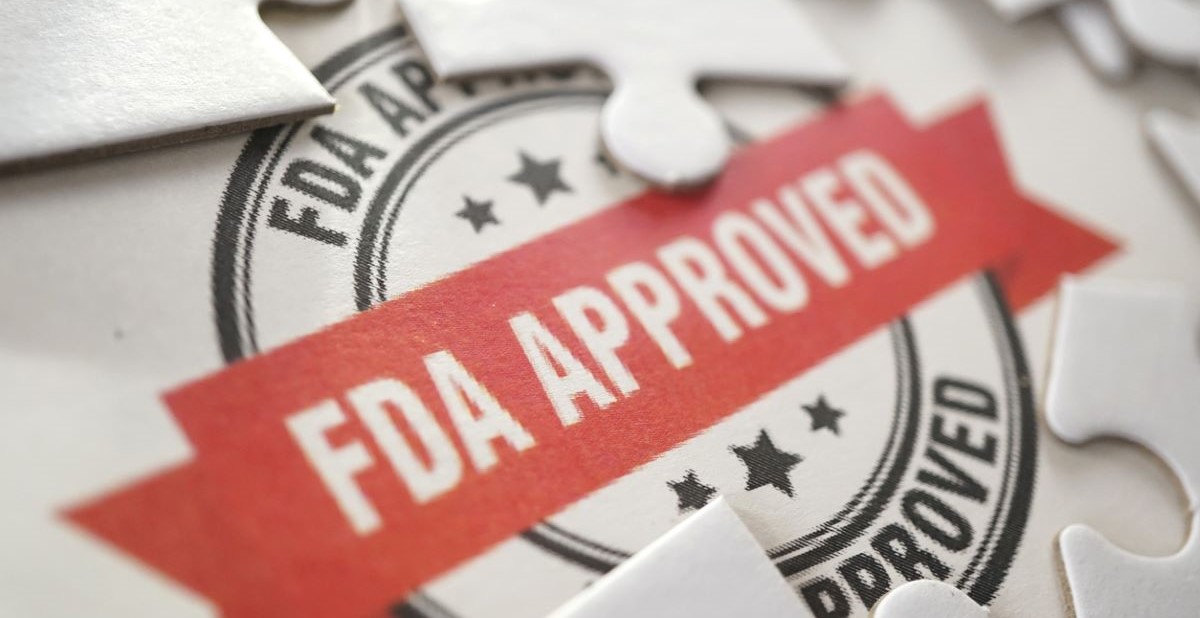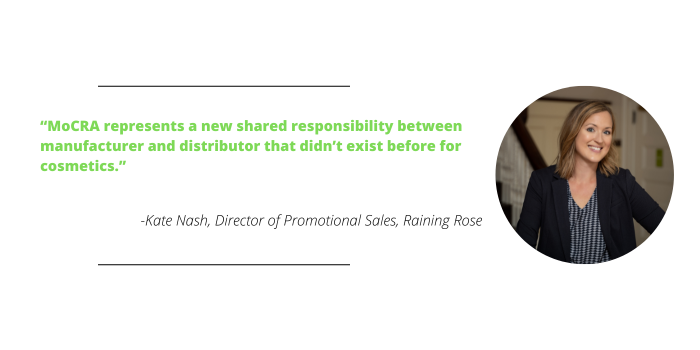Deadline Extended For Large-Scale Changes Required By MoCRA

The Modernization of Cosmetics Regulation Act (MoCRA), which has been called “the most significant expansion of the FDA’s authority to regulate cosmetics” since 1938, has delayed its deadline for enforcement an additional six months.
- MoCRA affects suppliers and distributors and demands those that manufacture cosmetics register their facilities with the FDA and submit listings of their cosmetic products.
- Initially, it was stated that the requirements must be met by the end of 2023.
- That deadline of enforcement has been delayed until July 1, 2024.
The new law is meant to help ensure the safety of cosmetic products that are used – often daily – by consumers. It will mean large-scale changes in what is required of promo companies, and it’s not just suppliers who have new requirements; many distributors will have to adhere to specific guidelines or face potential consequences.
MoCRA’s Requirement Changes
There are a handful of updated requirement that promo companies working with cosmetics will have to be ready to adhere to. Below are six key changes that suppliers and distributors need to know about. For a more detailed breakdown of the implications of each requirement change, read PPAI Media’s initial explainer earlier this year.
- Cosmetic products must include a label with contact information.
- Reporting adverse side effects to the FDA will be required.
- Provide proof that your cosmetic product is safe.
- Voluntarily recall products that pose risk.
- Manufacturers must register as a Cosmetics Facility with the FDA.
- Cosmetic products must be registered with the FDA.
Many of these requirements will be required not only of suppliers but distributors as well.

July 1 Will Approach Quickly (But The FDA Has Recommendations)
The extension before enforcement gives affected industry companies additional time to prepare and plan for the new requirements.
“It's important that distributors and suppliers partner early on to discuss these changes and create a plan,” says Kate Nash, director of sales and marketing at Raining Rose, a supplier that has been preparing for the enforcement of MoCRA since it passed in December 2022.
- In August, the FDA issued a draft guidance, which provides recommendations and instructions to assist with facility registration and product listing compliance.
- In September, the FDA announced “Cosmetics Direct,” its newly developed draft electronic submission portal.
- A particularly helpful document is this link to a series of screenshots released by the FDA, which includes a step-by-step guide for how to submit required information to the FDA through the new system.
Nash points out that the labeling and registration process will potentially require more from Raining Rose’s distributor partners.
“A huge change for our industry will be how the FDA looks at who is responsible for a product’s labeling, safety and more,” Nash says. “MoCRA represents a new shared responsibility between manufacturer and distributor that didn’t exist before for cosmetics. It’s common in our industry for a distributor to be listed on a label as ‘Distributed by.’ With MoCRA, the company listed on the cosmetic label is now responsible for registering a product, having systems in place to report adverse effects, having documentation on the product’s safety and being prepared for recalls if one should occur – whether or not they are the manufacturer.”
- This new shared responsibility could be seen as an opportunity for further collaboration. Suppliers would benefit from providing their distributor partners with relevant information or analysis, and both parties shouldn’t hesitate to remind their partners of requirements in the first few years of enforcement.

